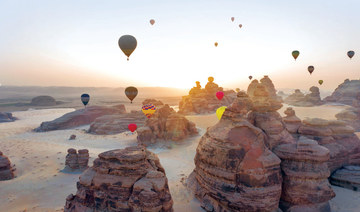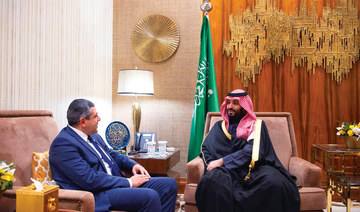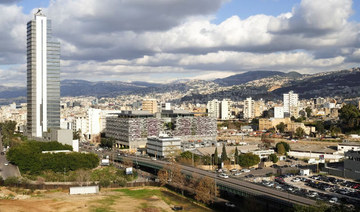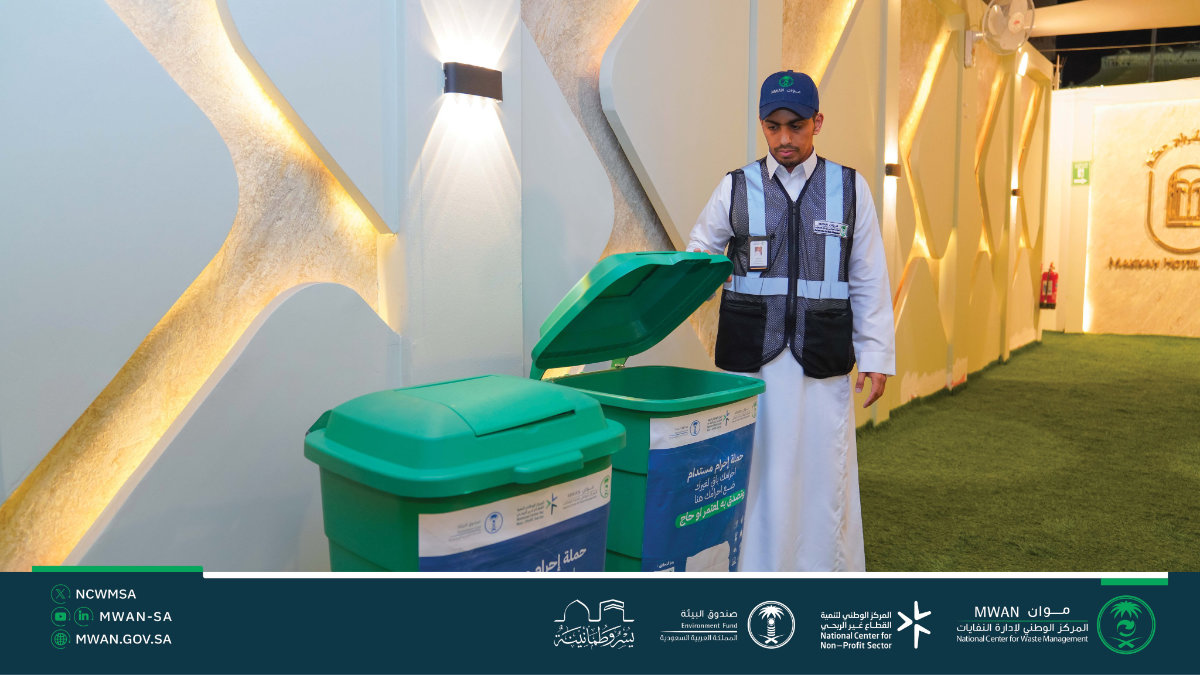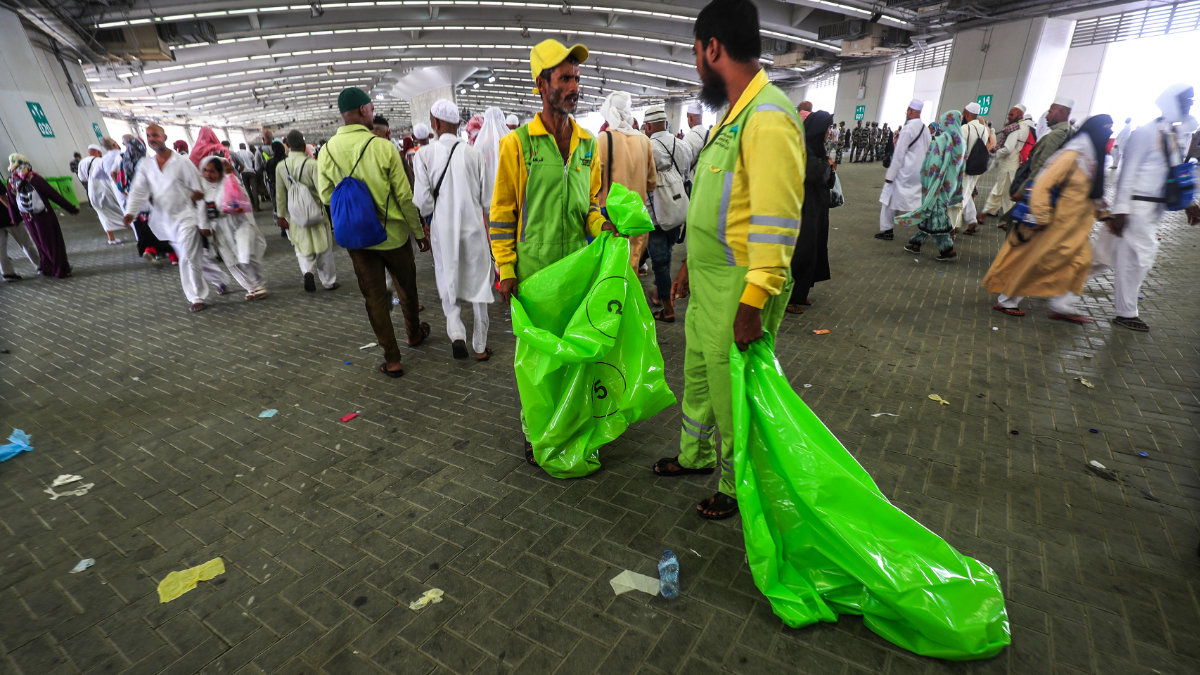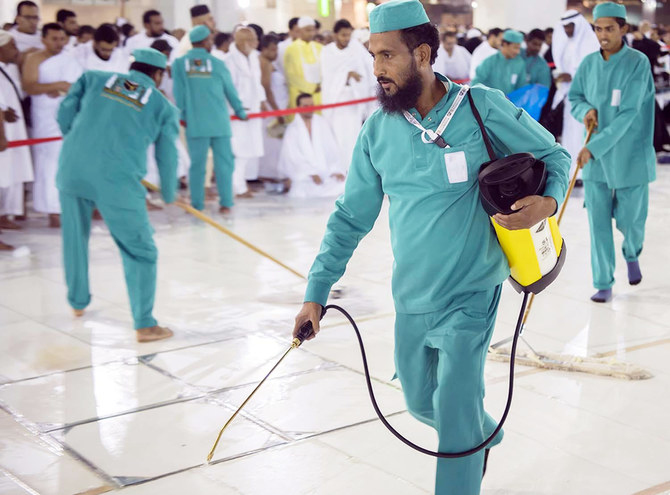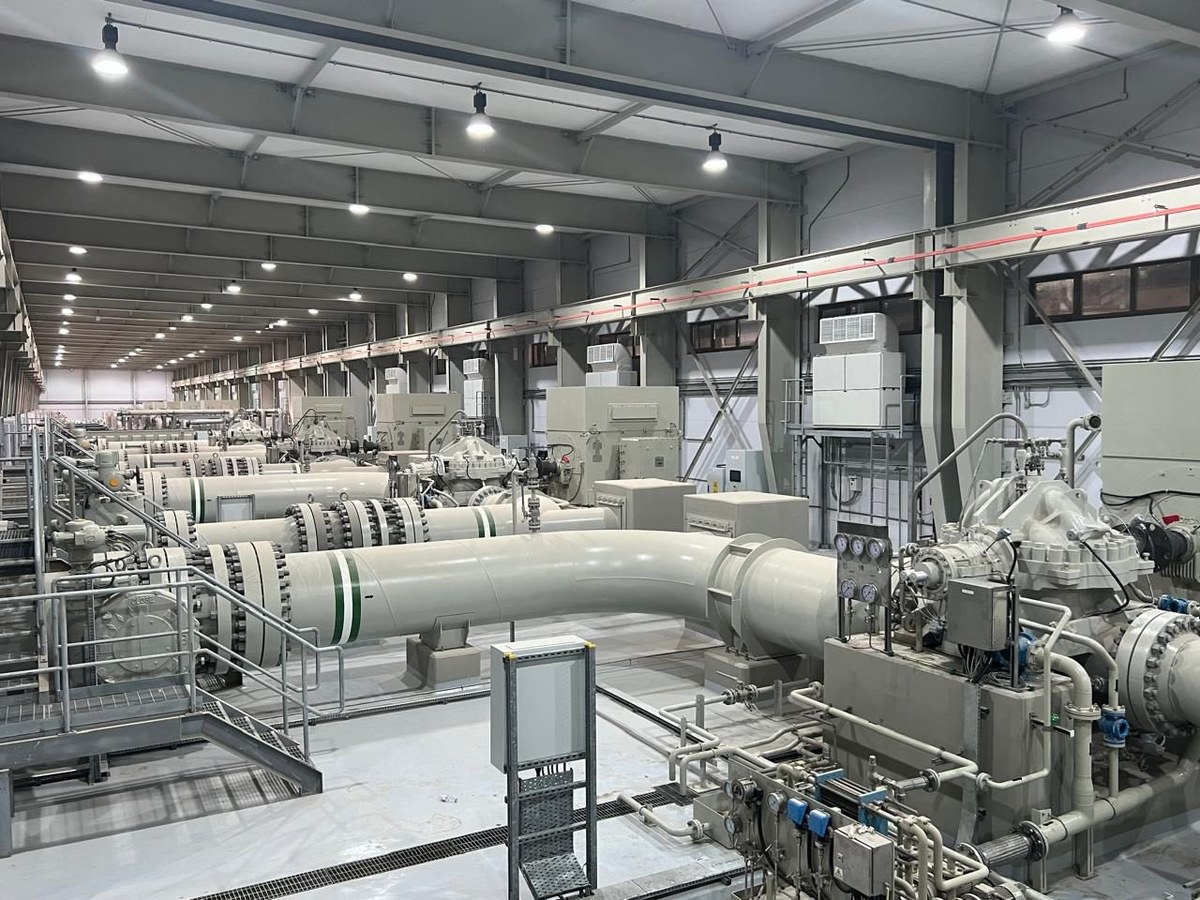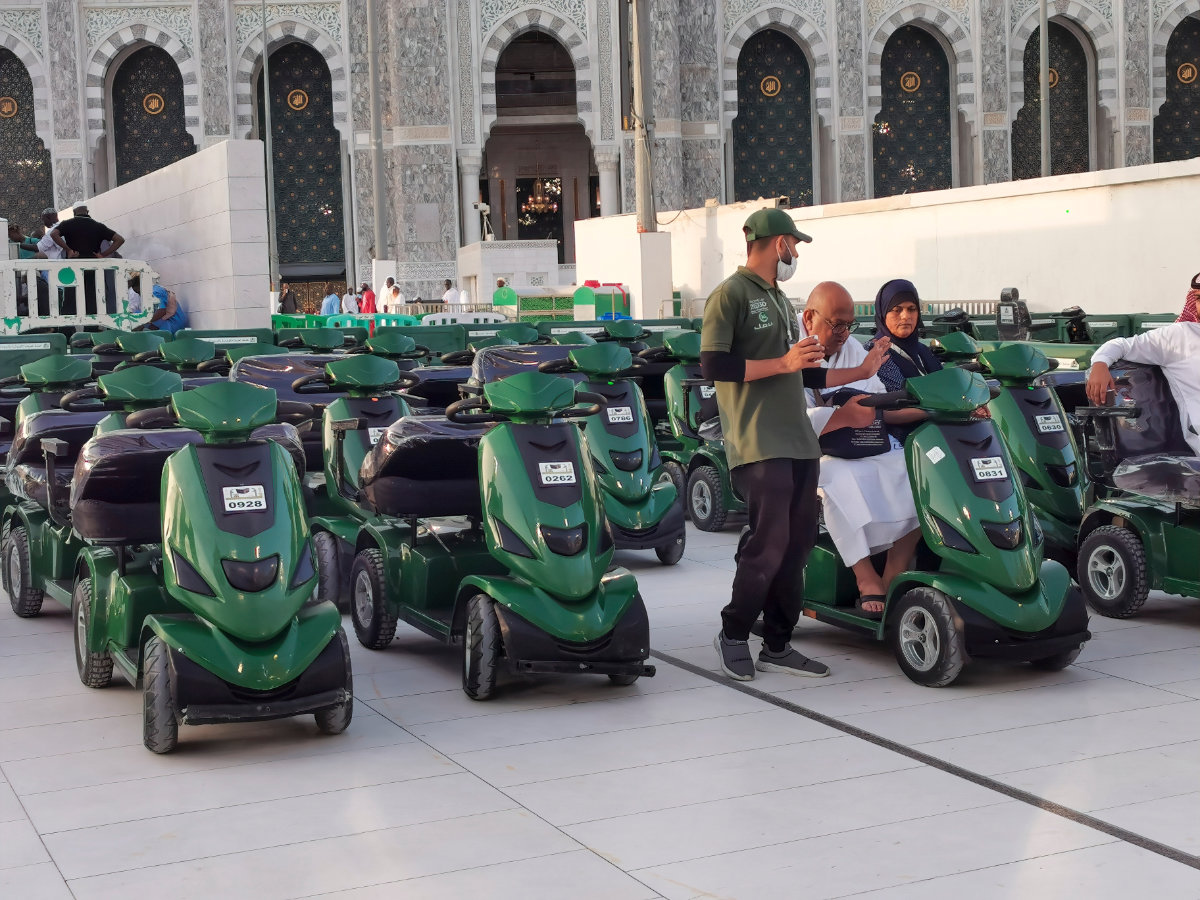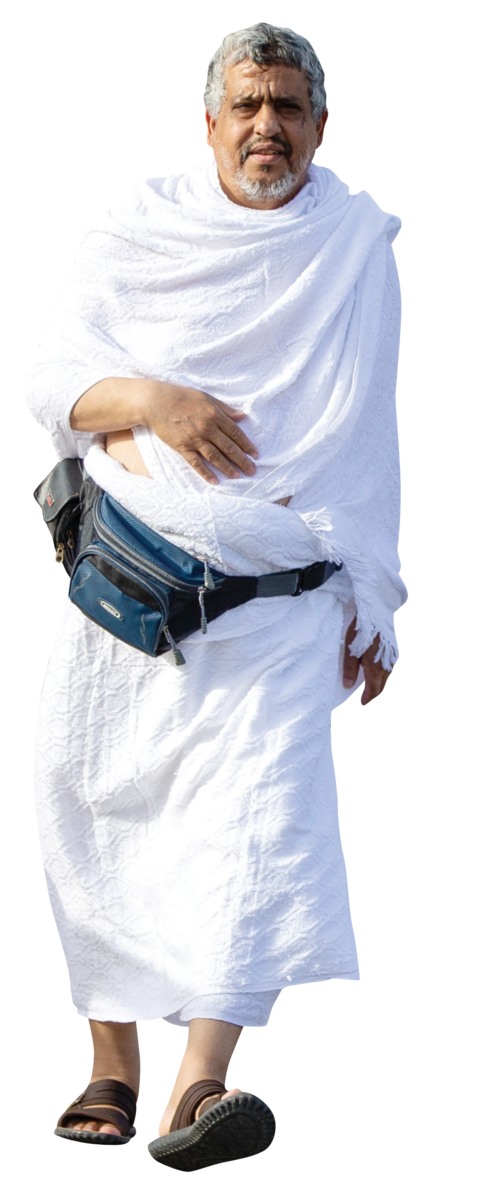RIYADH: The UN World Tourism Organization has launched a contest to find the most innovative new business ventures in the Middle East run by women.
The Women in Tech Startup Competition aims to encourage entrepreneurial female owners and managers to grow their enterprises regionally and on a global stage.
Natalia Bayona, UNWTO’s director of innovation, education, and investments, said: “With the leadership of our secretary-general, Zurab Pololikashvili, innovation has been a strong priority of UNWTO.
“During his mandate, startup competitions have been key to empower youth, scale up emerging entrepreneurs, and support global public-private partnerships.”
She noted that the organization was dedicated to achieving sustainable development targets on gender equality and empowerment of women and girls.
“Knowing that according to Arabian Business (magazine) only 34 percent of tech startups were founded by women, UNWTO initiated the competition to give women entrepreneurs a chance to thrive in their tourism tech careers, aligning with Saudi Arabia’s Vision 2030 that emphasizes on digital transformation, enhancing social growth to prominently digitalize the tourism sector with women leaders.
“With the support of the Kingdom’s openness to the tourism sector and tourism attraction, Saudi Arabian startups are scaling up at a fast pace,” Bayona added.
She pointed out that entrepreneurs were working on innovative trends in the Saudi travel and tourism industry.
“The UNWTO Women in Tech Startup Competition is an opportunity to provide visibility to Saudi startups on an international level and become recognized on a global scale, attracting more foreigners,” she said.
The competition categories consist of social impact, tourism and travel experience, future tech, and events and communities.
The UNWTO will provide mentorships and workshops to winners who will be given access to a network of more than 447 investors, 47 incubators, 1,274 companies, and international officials from governments and universities.
They will also have a chance to pitch at a UNWTO Tourism Tech Adventures innovation forum in Saudi Arabia, as well as having access to the UNWTO Tourism Online Academy.
“The world that we live in today is digitally transforming, it is our opportunity to disrupt the way we travel, scale up the way we train people through online platforms such as UNWTO Tourism Online Academy, and connect with key actors of innovation ecosystems such as governments, startups, and investors for a better and sustainable future.
“To all women in Saudi Arabia and the Middle East, do not miss the opportunity to work on innovative solutions, showcase your ideas, and submit your projects with UNWTO startup competitions,” Bayona added.
The UNWTO and Saudi Ministry of Tourism recently signed an agreement centered on developing training and high-quality certification programs in the Kingdom to make tourism a driver of progress and development on innovation and digital transformation, initiating programs to promote innovation and digital transformation, and supporting small- and medium-sized enterprises and youth interested in the tourism sector.
With more than 23 global, regional, and specific startup competitions, UNWTO innovation has been encouraging Saudi Arabia and the Middle East to accelerate advancements on female opportunities in the tourism sector to build and support the largest global tourism ecosystem to meet the 2030 agenda.
The competition will conclude at the end of June.





